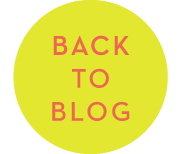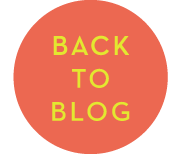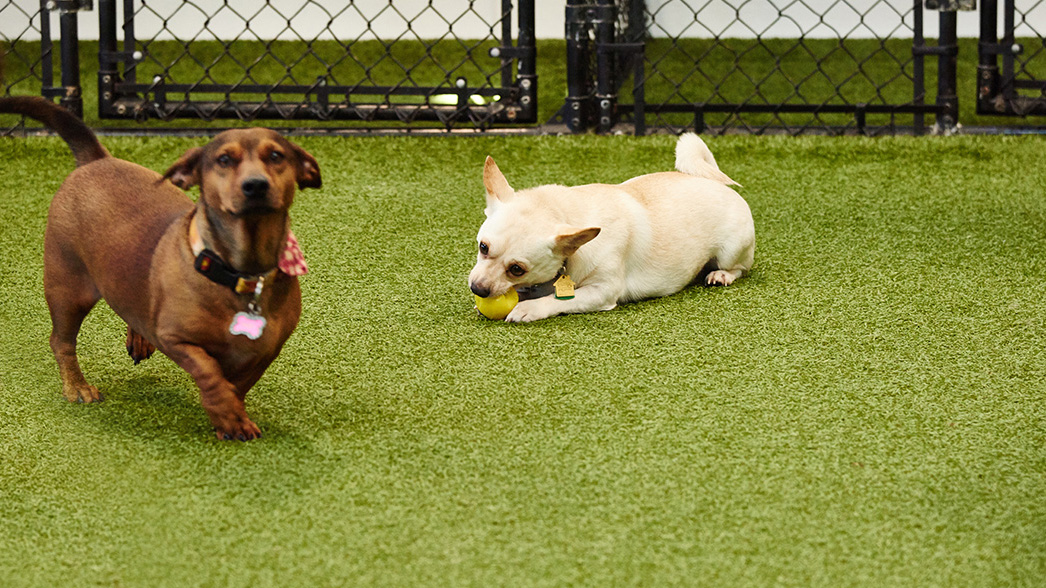
BLOG
New Puppy: Let the Training Begin!
Merritt Milam | January 9, 2022
There’s nothing more adorable, and challenging, than a new puppy. As cute and cuddly as they can be, making sure your new puppy gets started on the right path to house training, socialization, and obedience are critical steps in their overall development. This month we look at the important training your puppy needs during their early months of life.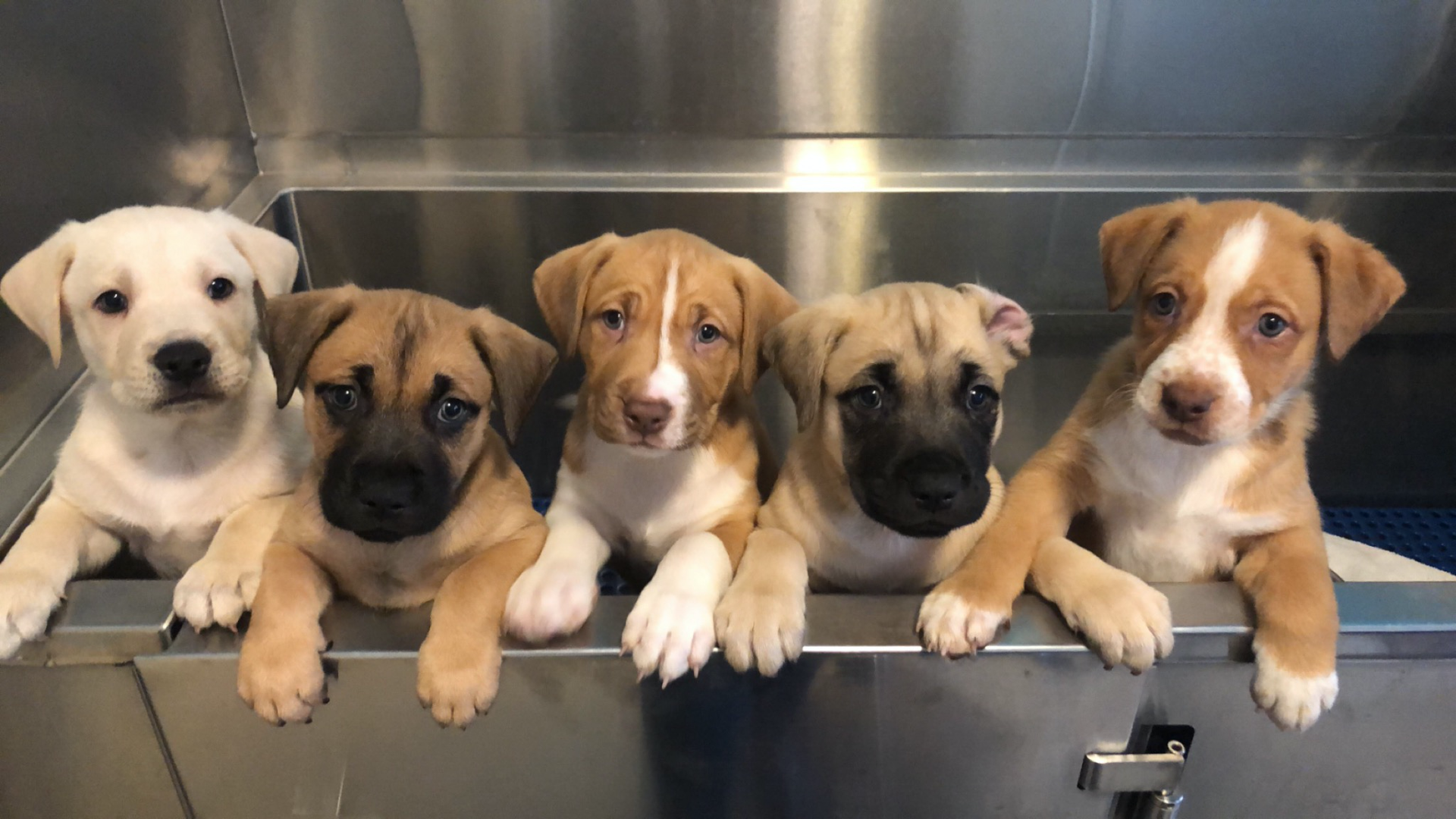
It Begins At Home
Before you bring a new puppy home, there are several things you can do to make their new home welcoming and safe. Here are a few important ways you can prepare for this exciting new family member.
Just like toddlers, puppies need safe spaces for play and sleep. Taking precautions to minimize damage to your home as well as the puppy will help everyone’s transition a lot smoother. Here is a great checklist that will help you avoid problems from day one.
-
Unplug electrical cords, move them out of reach, or string them through cord concealers. These chewing hazards can cause burns to the mouth or electrical shock.
-
Avoid feeding food from the table. Pups may look adorable as they beg for food, but many human foods are not good for them.
-
Keep cleaning supplies in high cabinets or secured behind doors with childproof latches.
-
Put all medications away. Avoid keeping medications, even in pill bottles or dispensers, on low tables, bathroom counters, or night tables, where the puppy can easily get to them.
-
Keep toilet lids closed, so the puppy won’t drink out of the toilet or fall in.
-
Keep doors and windows closed at all times, assuring the puppy can’t escape or fall out, and secure the cords that raise blinds, so they won’t get caught around the puppy’s neck.
-
Put away small items that are choking hazards — such as coins, paper clips, rubber bands, and jewelry — to prevent the puppy from choking on them.
-
Keep all sharp objects out of your dog’s reach. This includes knives, scissors, razors, and tools.
-
Secure trashcans. Puppies are attracted to the smells coming from garbage, which can upset their tummies or even be poisonous.
-
Move poisonous houseplants, so the puppy can’t eat them.
Additionally, if your puppy will be outdoors, make sure you have thoroughly checked the yard or play-area for harmful items they may be attracted to like sticks, poisonous plants, and sharp objects. Also, keep the puppy area clean of their poop.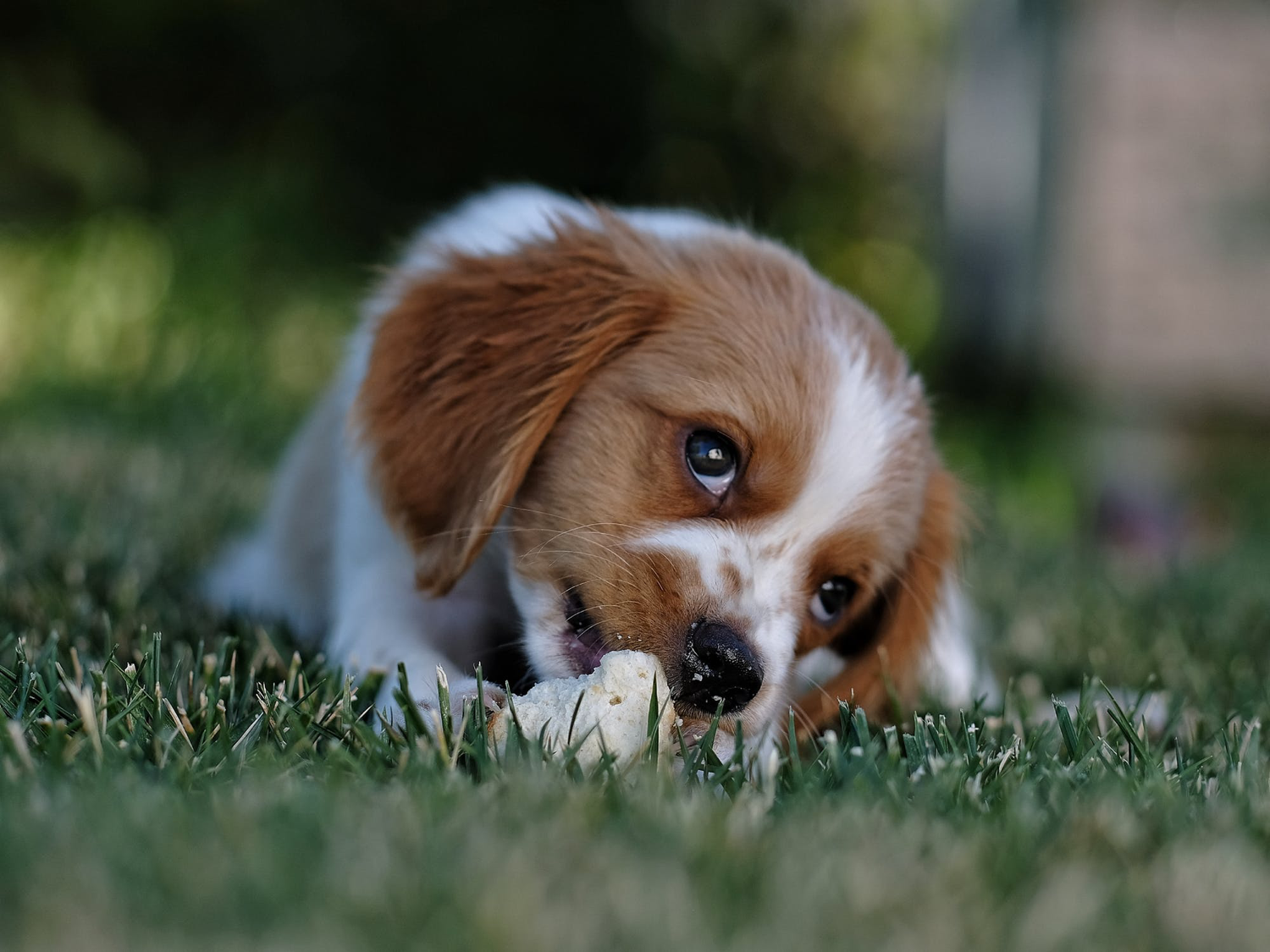
Supplies You’ll Want and Need
Supplying your home in advance of your pet’s first night will make sure you are ready, and everything is in place to help your puppy’s training to be successful. Start with a good crate. This provides a safe and secure place for sleeping and resting. The crate should be large enough for your pet to stand up and turn around. Also, make sure you provide good bedding. Over time your puppy will learn commands that will have them settle on their bed.
If you plan on limiting your puppy’s access to certain parts of the house, get a few good baby gates. Of course, a good collar and leash are a must. Using these for trips outdoors will help the puppy learn to leash walk early and will provide a good foundation for future obedience training.
Cleaning supplies, including paper towels, should be obvious items you’ll need for those inevitable “accidents”. Taking your pet outside frequently will help them associate the yard with a bathroom break. When an indoor accident does happen, make sure you clean it up immediately.
Potty Training
The most important part of any house-training effort is close supervision and managing behavior. Crate training is an important part of your pet’s potty training. Most pets naturally want clean areas. Crate training provides a good method of leveraging this natural desire of keeping their elimination away from areas where they eat and sleep.
Creating a routine for frequent potty breaks to designated outside areas and providing a reward system for achieving the desired outcome, your puppy will quickly learn this important behavior. (For more on potty training check out professional trainer, Karen Pryor’s website.) 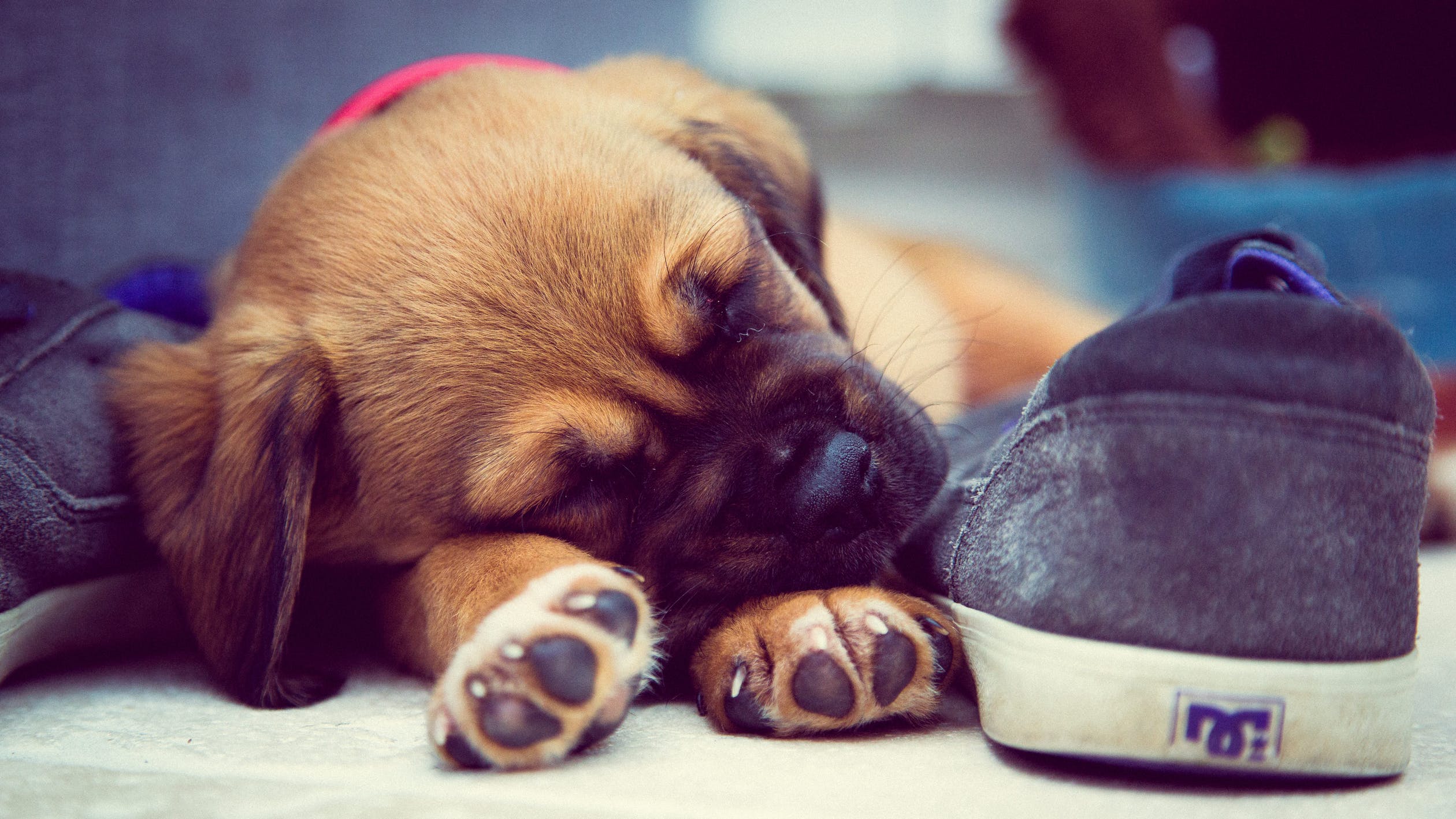
Socialization
Making sure your puppy is properly socialized with other pets and people early will help them grow into a more stable, well-adjusted pet. Socialization builds confidence and helps your puppy become less fearful of new people, pets, and experiences. Taking walks in the neighborhood or park will expose your puppy to different smells, sounds, and surfaces. They’ll likely meet new people and pets. Make sure they are kept on a leash for their safety as well as others. (For a more in-depth look at socialization visit Karen Pryor’s website.)
Be Watchful and Patient
New puppies need a watchful eye to help them learn and stay safe. Keeping a close eye on your puppy in the early days and weeks will also help you adjust unwanted behaviors quicker and more effectively. With positive reinforcement and patience, your puppy will have a better chance to establish good behavior early in life.
New puppies can be a wonderful addition to the family, but they do take some effort, preparation, and a lot of patience. We hope you find these tips helpful, assuring your new puppy brings a lifetime of love and joy to all.

